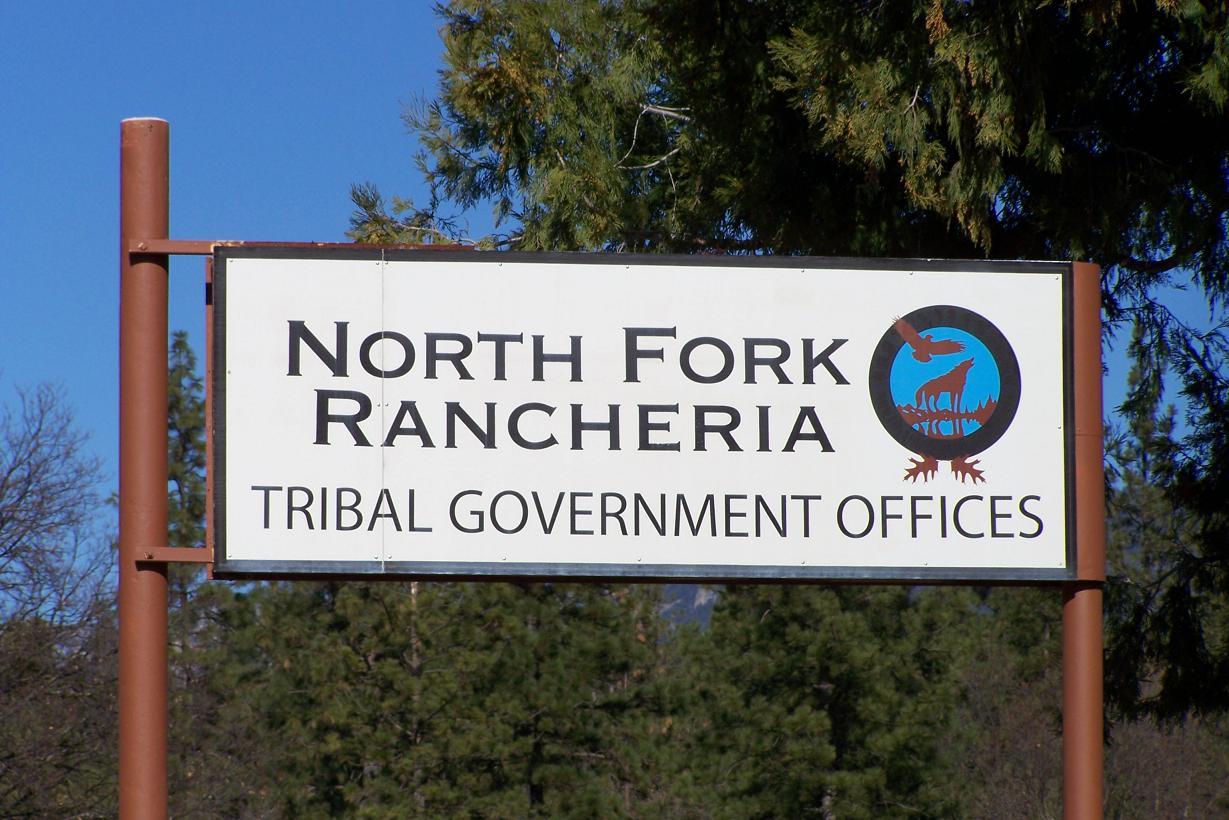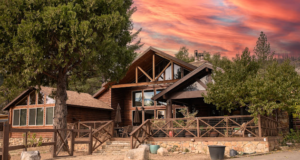U.S. District Judge Beryl A. Howell, in her decision of Jan. 29, denied the preliminary injunction, stating that the “North Fork people are in ‘dire economic straits’ with higher than a 16% unemployment rate, and any preliminary injunctive relief would bring to a screeching halt the process of the Tribe obtaining the economic benefits…”
The judge said that she weighed that harm against the “purely symbolic injury suffered by the plaintiffs” in making his decision. The Court observed that the Picayune Tribe would not be able to establish irreparable harm in any event, because the only harms that it complains of are economic in nature.
In considering whether to grant injunctive relief, the Court must evaluate whether the plaintiffs are more likely than not to win their case. “Indeed, absent a substantial indication of probable success, there would be no justification for the court’s intrusion into the ordinary processes of administration and judicial review,” states the decision.
While the Chukchansi were complaining that the Secretary failed to grant their concerns sufficient “weight” in his decision to take the land into trust for the North Fork Tribe, the Court noted that since their casino is not within the 25-mile radius set out by the Indian Gaming Regulatory Act (IGRA), the Secretary was not required to consider their comments at all.
The Court held that the Secretary’s conclusion that he is authorized to acquire land in trust for the North Fork Tribe, was supported by substantial evidence, which the Secretary considered during his decision-making process.
As to the claim that the Secretary failed to consider the “destructive and ruinous impacts on families, employers and community social services caused by gambling,” the Court ruled that those issues had indeed been considered, and that the North Fork Tribe has agreed to pay $50,000 to supplement the budget of the Madera County Department of Behavioral Health Service for alcohol education and treatment, and the prevention of problem gambling and gambling disorders.
The Court also noted that the North Fork Tribe has agreed to address the stated “increases in prostitution and other crimes,” by contributing $415,000 to fund the creation of 5.5 new local law enforcement positions.
“The plaintiffs’ reading of the IGRA would essentially preclude any new gaming establishments, since every gaming establishment is highly likely to entail some negative impacts on the surrounding community,” said the Court. That would basically nullify the intent of IGRA, which is to provide an opportunity for Indian tribes to create jobs, become self-sufficient, and build strong tribal governments.
In addressing the Chukchansi and Stand Up complaints that the Secretary did not considered the environmental and economic impacts on Fresno, Mariposa, Merced and Madera Counties, the Court disagreed. “Although the plaintiffs do not elaborate in their briefing what particular environmental or economic impacts were ignored, the Secretary’s IGRA Record Of Decision considered both the potential economic impacts on surrounding local governments as well as potential environmental effects of the gaming establishment.”
The plaintiff’s argument that the Secretary failed to consider infringement on the tribal sovereignty of other indigenous people was called “vague and unelaborted” by the Court.
It is also argued by the plaintiffs that the Bureau of Indian Affairs (BIA) failed to allow adequate participation by the general public throughout the North Fork Tribe’s application process, that the public hearing facility was too small, and that seating and speaking preference was given to the North Fork Tribe and their proponents.
The Court responded by describing the public comment period as “robust,” citing 62 written comments from government agencies, 21 from businesses and non-governmental agencies, 109 from individuals, and “even 39 comments that were accepted after the close of the comment period.”
It was also pointed out by the Court that, “the record demonstrates that the plaintiffs accounted for 17 spoken comments, while the North Fork Tribe accounted for only 12.”
There was also a website dedicated to the North Fork casino development containing all of the relevant documents related to the Secretary’s decision, though the lawsuit claims that the BIA “attempted to evade public scrutiny for its unlawful decision by making it difficult for interested parties to review the Secretary’s decision.”
“It appears clear that the plaintiffs had a substantial opportunity to comment on the proposals before they were approved,” said the Court.
The plaintiffs also put forth the argument that the Old Mill site in North Fork should have been the site chosen for the Mono Tribe’s casino, and that the owner’s refusal to sell was insufficient reason to reject the site.
The Old Mill site was noted by the Secretary to be rife with potential environmental problems; namely that the soil had been contaminated with various potentially harmful compounds such as petroleum hydrocarbons, asbestos, lead-based paint and diesel fuels. There is also the issue of the inflated construction costs in that particular area, due to location and “particularly varied and steep topography,” which would inflate constructions costs and leave the Mono Tribe with a development that “could not be successfully financed.”
Therefore, the Court concluded, “the plaintiffs have not established a likelihood of success on the merits of any of their claims against the defendants. Absent a preliminary injunction, the transfer of the trust lands will occur on February 1, 2013, and the North Fork Tribe will continue on its odyssey to make its long-awaited gaming complex a reality.”
In the decision, the Court did require that the North Fork Tribe provide notice to the parties and the Court at least 120 days prior to any physical alteration of the land at the Madera Site while this case is pending.




